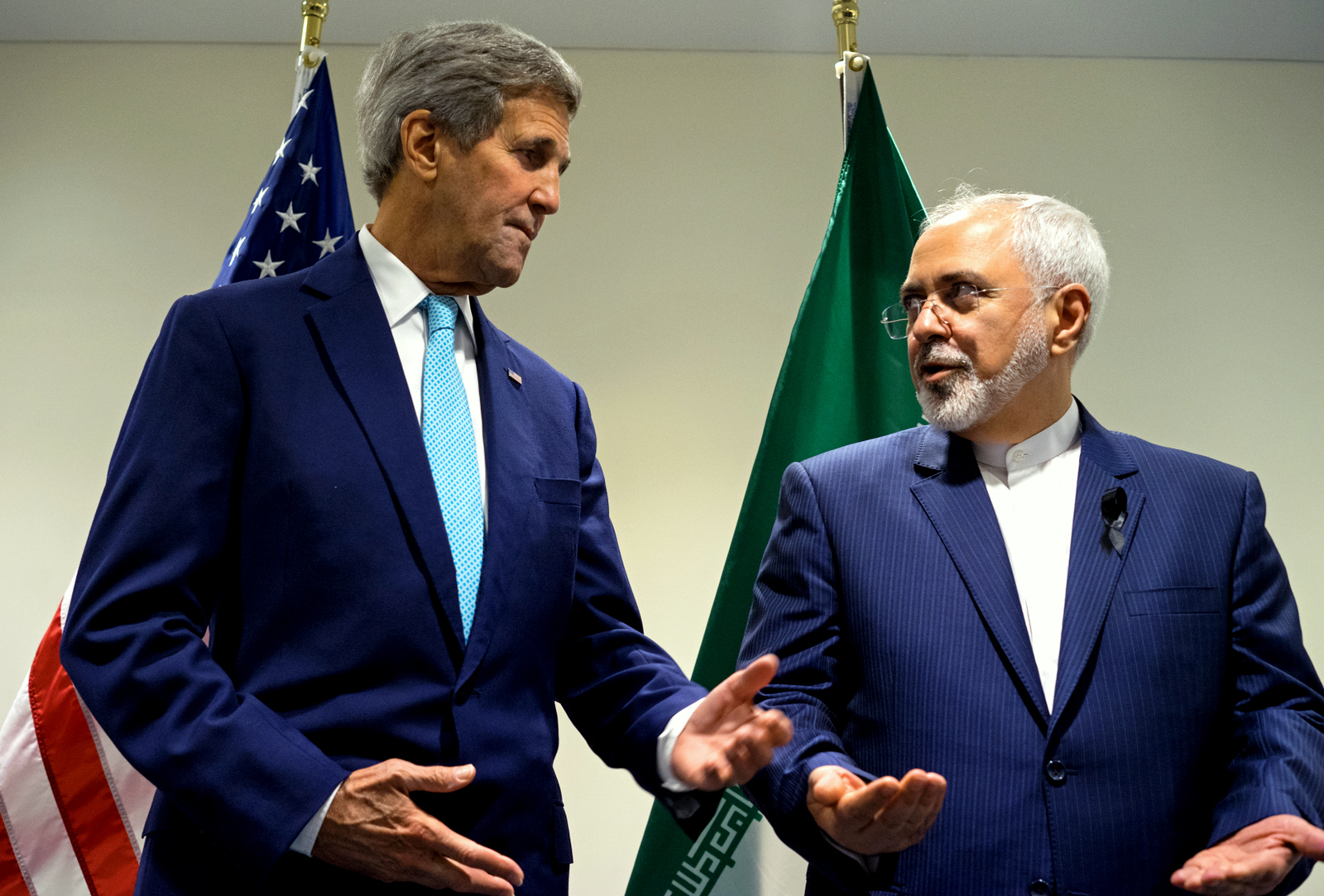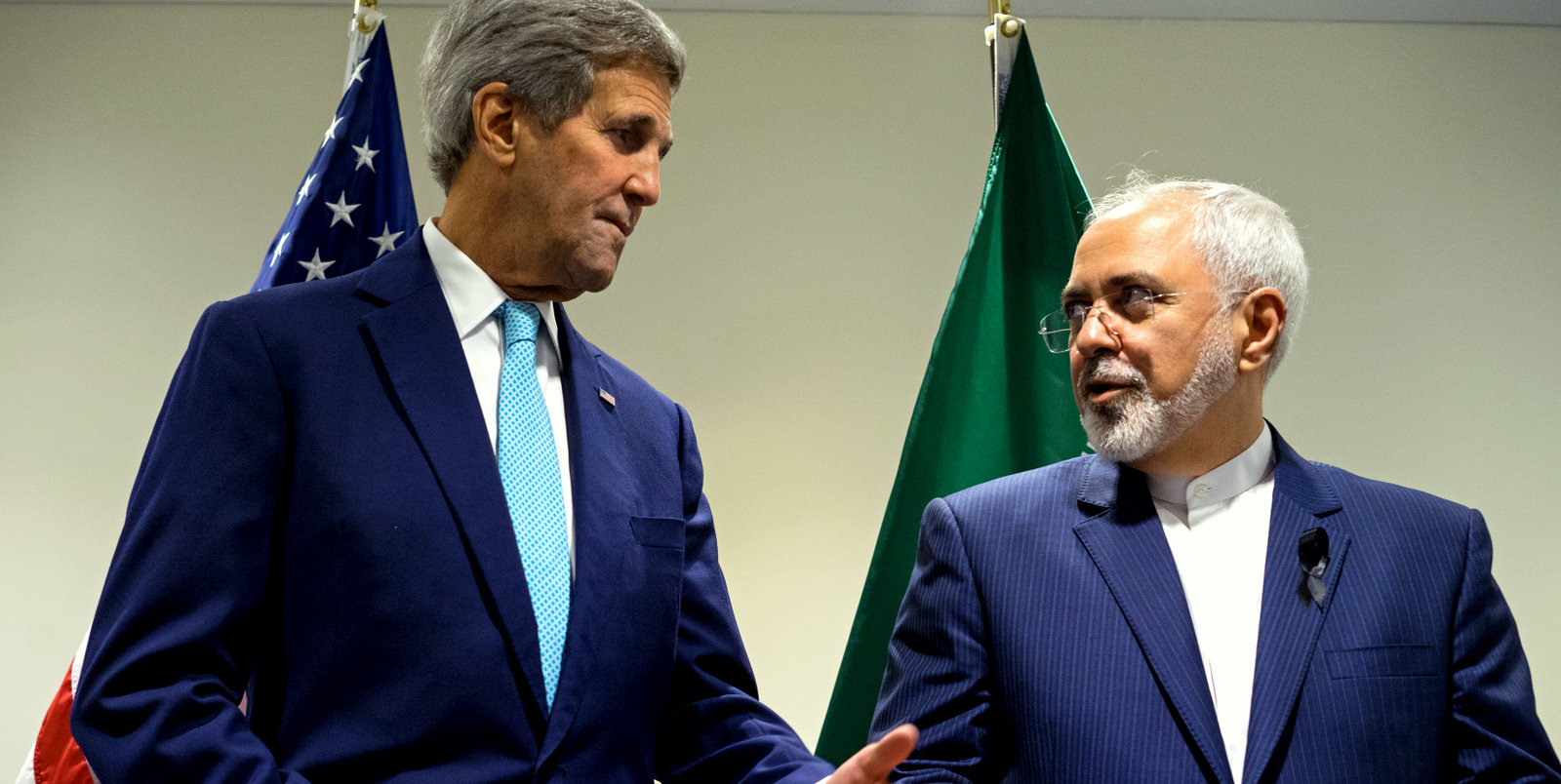
In what could be a diplomatic breakthrough, Iran on Wednesday accepted an invitation to participate in multilateral Syria peace talks in Vienna, marking the first time the country will engage in such a summit that includes the United States, Russia, and other powers.
Foreign Minister Mohammad Javad Zarif and a «high-ranking diplomatic delegation» will attend the meeting on Friday, a government spokesperson stated on Wednesday.
The announcement came just days after the United States said it had agreed to invite Iran to the summit. Some argue that the nuclear deal between world powers and Iran, reached in July, laid the diplomatic groundwork that made Iran’s attendance possible.
«We believe the solution for Syria is a political solution,» Deputy Foreign Minister Hossein Amir Abdollahian told Iranian state television on Wednesday. «Americans and foreign players in Syria have no choice but to accept the realities in Syria. Assad… has the necessary readiness for talks with insurgents who are committed to a political path.»
Russia, Saudi Arabia, Qatar, Turkey, Egypt, Iraq, Lebanon, the European Union, and France will also participate in the talks, with a dozen parties total expected to join. None of the reporting on the negotiations indicated that the Syrian government, opposition forces, or Kurdish groups have been invited to participate.
Charles Glass, longtime journalist and author of Syria Burning: ISIS and the Death of the Arab Spring told Common Dreams that he «does not know» whether Iran’s attendance will bring a breakthrough for diplomacy. «Certainly including all outside powers that are arming internal forces is a good idea,» he said. «If you leave them out, you won’t have a settlement.»
However, he added, «What’s interesting about the Vienna talks is that there will be no Syrians. All the reports I’ve seen mentioned the countries involved in Syria, but did not mention any invitations to any Syrians.»
The discussions will follow talks last week in Vienna between the U.S., Russia, Turkey, and Saudi Arabia.
Meanwhile, Turkish Prime Minister Ahmet Davutoglu admitted on Tuesday that the country’s military continues to bomb Kurdish groups in northern Syria that are engaged in combat against the Islamic State. This includes attacks against the People’s Defense Units (YPGs) near the city of Kobani. According to Glass, «Turkey is much more interested in fighting the Kurds and limiting their autonomy than in fighting Islamic State.»
Meanwhile, the U.S. appears to be escalating its air strikes against the Islamic State and is weighing whether to deploy military forces to Syria and ship more attack helicopters to Iraq. Defense Secretary Ashton Carter said Tuesday that the U.S. will begin «direct action on the ground» in Iraq and Syria. The developments come despite long-held acknowledgment that there is no U.S. military solution to the conflicts in either country.
Now in its fifth year, Syria’s armed conflict has killed over 250,000 people and displaced 7.5 million internally and over 4 million externally. The country’s life expectancy has dropped from 75.9 in 2010 to 55.7 in 2014, and 80 percent of its people live in poverty.


